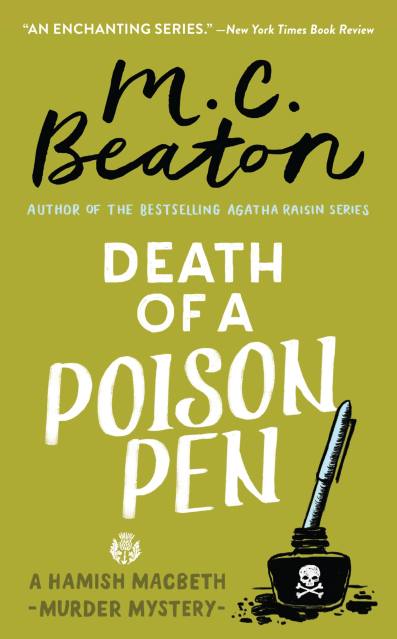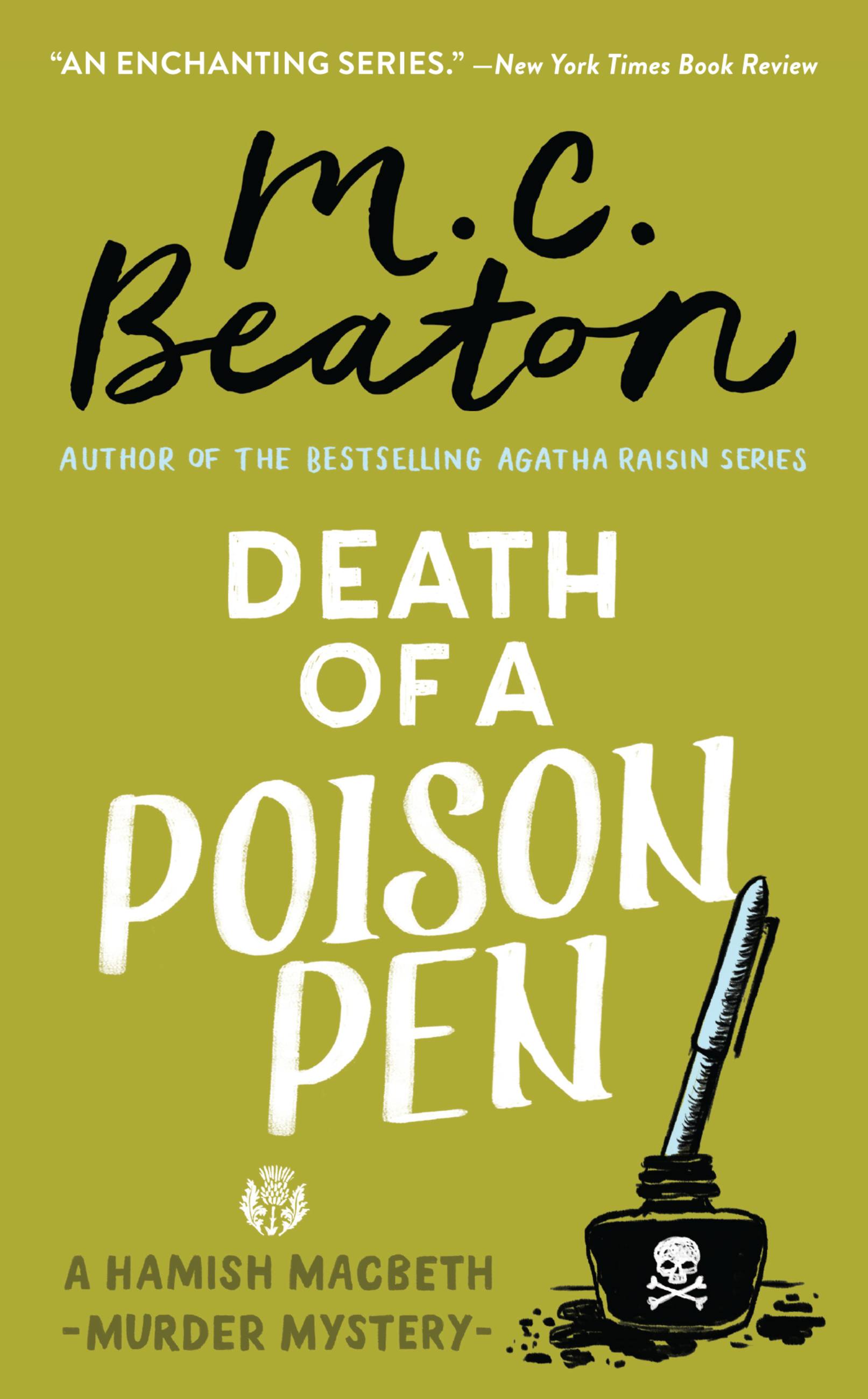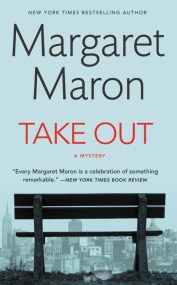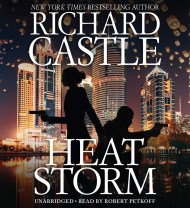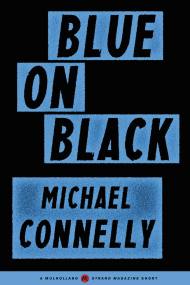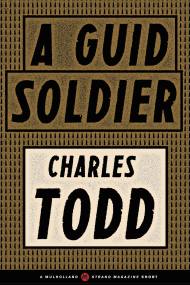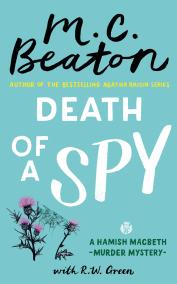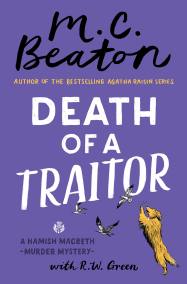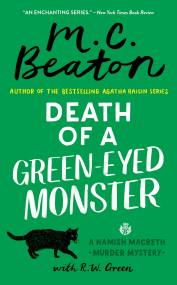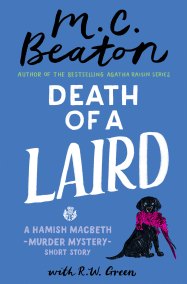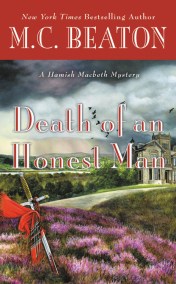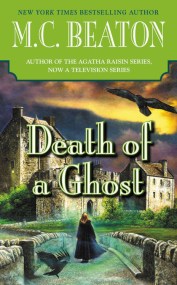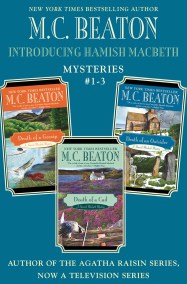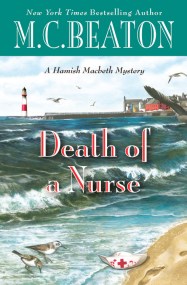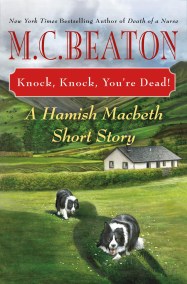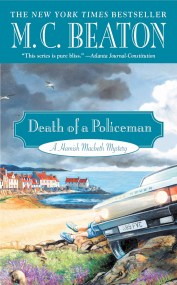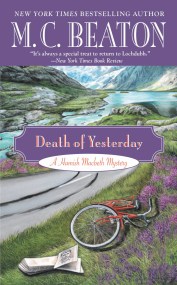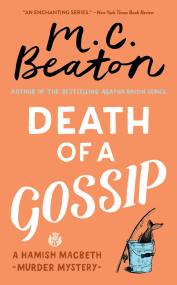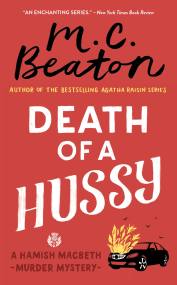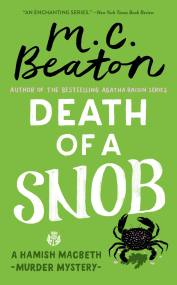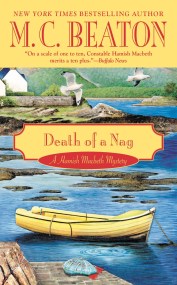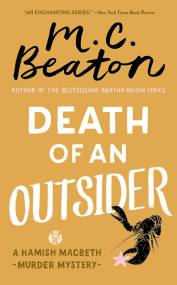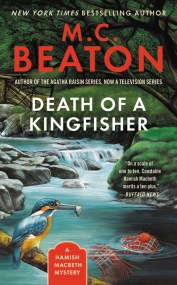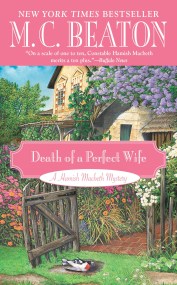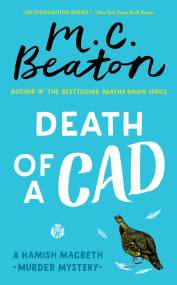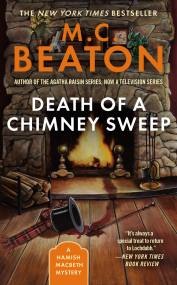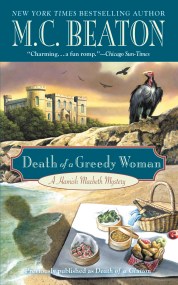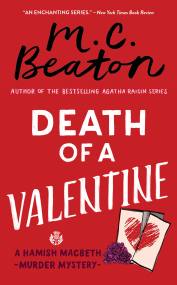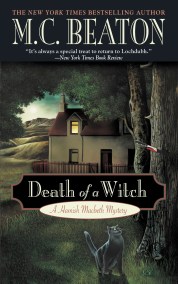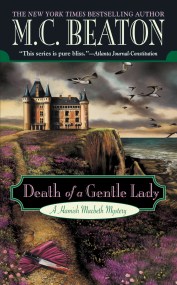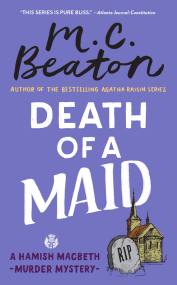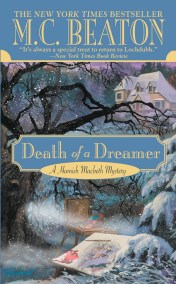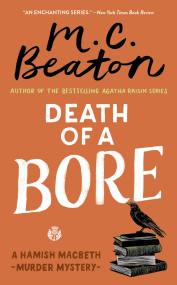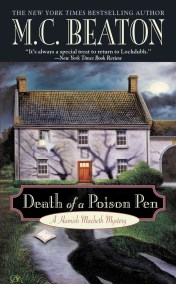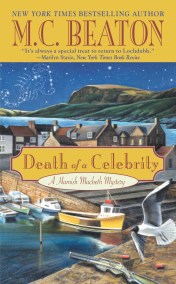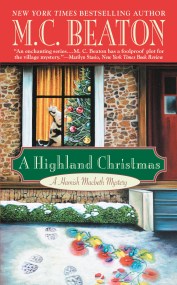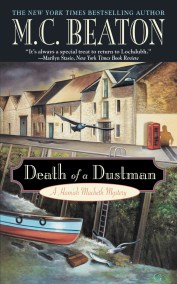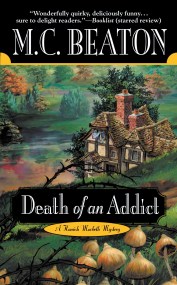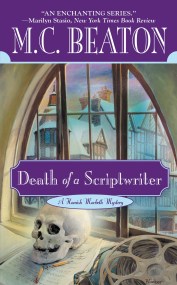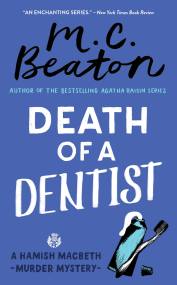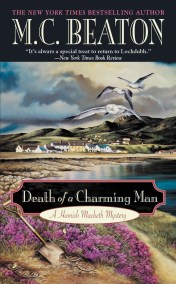Promotion
Use code MOM24 for 20% off site wide + free shipping over $45
Death of a Poison Pen
Contributors
By M. C. Beaton
Formats and Prices
Price
$7.99Price
$9.99 CADFormat
Format:
- ebook $7.99 $9.99 CAD
- Mass Market $8.99 $12.99 CAD
This item is a preorder. Your payment method will be charged immediately, and the product is expected to ship on or around July 31, 2007. This date is subject to change due to shipping delays beyond our control.
Also available from:
Travel to the Scotland Highlands with this classic Hamish Macbeth cozy mystery from the author of the Agatha Raisin series.
Death of a Poison Pen: A Hamish Macbeth Mystery
When the residents of Lochdubh begin receiving poison pen letters, no one takes them seriously. But Constable Hamish Macbeth fears them, and his instincts prove correct when the postmistress is found hanging from a rope with a vicious poison pen letter at her feet.
Death of a Poison Pen: A Hamish Macbeth Mystery
When the residents of Lochdubh begin receiving poison pen letters, no one takes them seriously. But Constable Hamish Macbeth fears them, and his instincts prove correct when the postmistress is found hanging from a rope with a vicious poison pen letter at her feet.
Genre:
- On Sale
- Jul 31, 2007
- Page Count
- 256 pages
- Publisher
- Grand Central Publishing
- ISBN-13
- 9780446507271
Newsletter Signup
By clicking ‘Sign Up,’ I acknowledge that I have read and agree to Hachette Book Group’s Privacy Policy and Terms of Use
